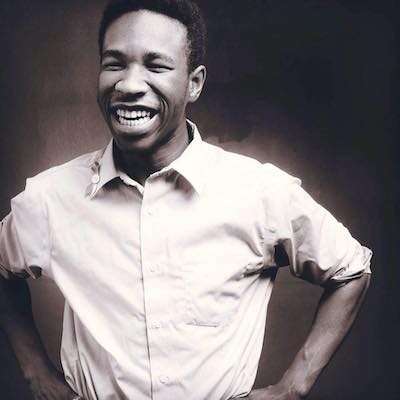
Only 58% of teens in foster care live with a family, compared with 95% of kids 12 and younger, according to a recent report by Annie E. Casey Foundation. This fact should prompt us to ask ourselves in the child welfare community what we can do differently, and where we are going wrong. Teenagers in the foster care system have outcomes that get lost not because of themselves, but because of a community that makes them feel alone.
Over the last five years I have worked hard on getting children out of residential group homes. I struggled with the idea that we have overlooked and bypassed the most important need in Maslow’s Hierarchy of Needs: a sense of belonging. When we prevent teenagers from having families, we restrict them from the love, belonging and security that a family has to offer.
There were times when I recognized that my removal wasn’t as traumatic as the system that rejected me continually. My mom wanted me, my dad wanted me, but for some reason foster parents didn’t, many adoptive parents didn’t and sometimes it felt like my own community didn’t.
When I joined the child welfare workforce to work for children who were separated from their families domestically, I did it with the understanding that my own traumas and problems would often resurface in my day-to-day life. I did it with a strong passion that I understood that every child deserves somewhere to call home, but most importantly someone to call family.
I was recently told by a person who also grew up in the foster care system that I was privileged for being adopted. I would also hear congratulations every time I told my story and say that I was adopted. But every time I think of the word adoption in my head I go through this fast forward cycle of every failed family. Every time that I wanted someone to give me a chance to be accepted and to be loved and somehow they failed. The constant changing of who I am.
As they read my profile and asked if I am a great fit for their family, I sometimes became a chameleon into their family. This foster father wants a basketball player, this foster mom wants a book reader, this foster father wants someone to go fishing with, this one wants the next doctor. While many had asked me what I wanted in a family it did not matter in our system, it mattered about what they wanted.
I recognize that as an adult I lost a lot. I lost my childhood identity. They see that “permanency” was achieved but as I have gotten older I realize that it was sometimes at the cost of my well-being. It was at the cost of my identity. When I tell my story I use the common words that I went house to house, school to school, and church to church. I never recognized that I also went family to family. Somehow I blocked myself from that reality and recognized that my problem could not just be the family and that it had to be the people surrounding it.
While I am honored to have been adopted by my parents, it should not be something unusual. It should not be something rare. It should be who we are as a system and a community. With me knowing at a young age that I was on a search for my “forever family,” it seemed like it took forever to find my family. As our system looks at older children’s adoptions we don’t see the internal struggles of a child who just wants what everyone else in class has. No, I am not talking about a PS5 or an XBOX 1, but just the same person to hug when the days get tough, the same person to scream while they play on the sports team, the same person to get on them for eating dessert before dinner.
I make a call to communities and it’s a simple one. We don’t just need foster parents when things are easy and when it’s with the child who loves to go to school. We also need it for the child who is contemplating dropping out because they are so far behind no matter where they go, because they have missed so much school or have jumped lesson plans because of the amount of schools they have been to. We need foster parents for teenagers who are tough because they have been fighting for their life in a system that was supposed to be temporary.
I recognize that I was built by the foster care system. I recognize that I was also broken down many times by the foster care system.





